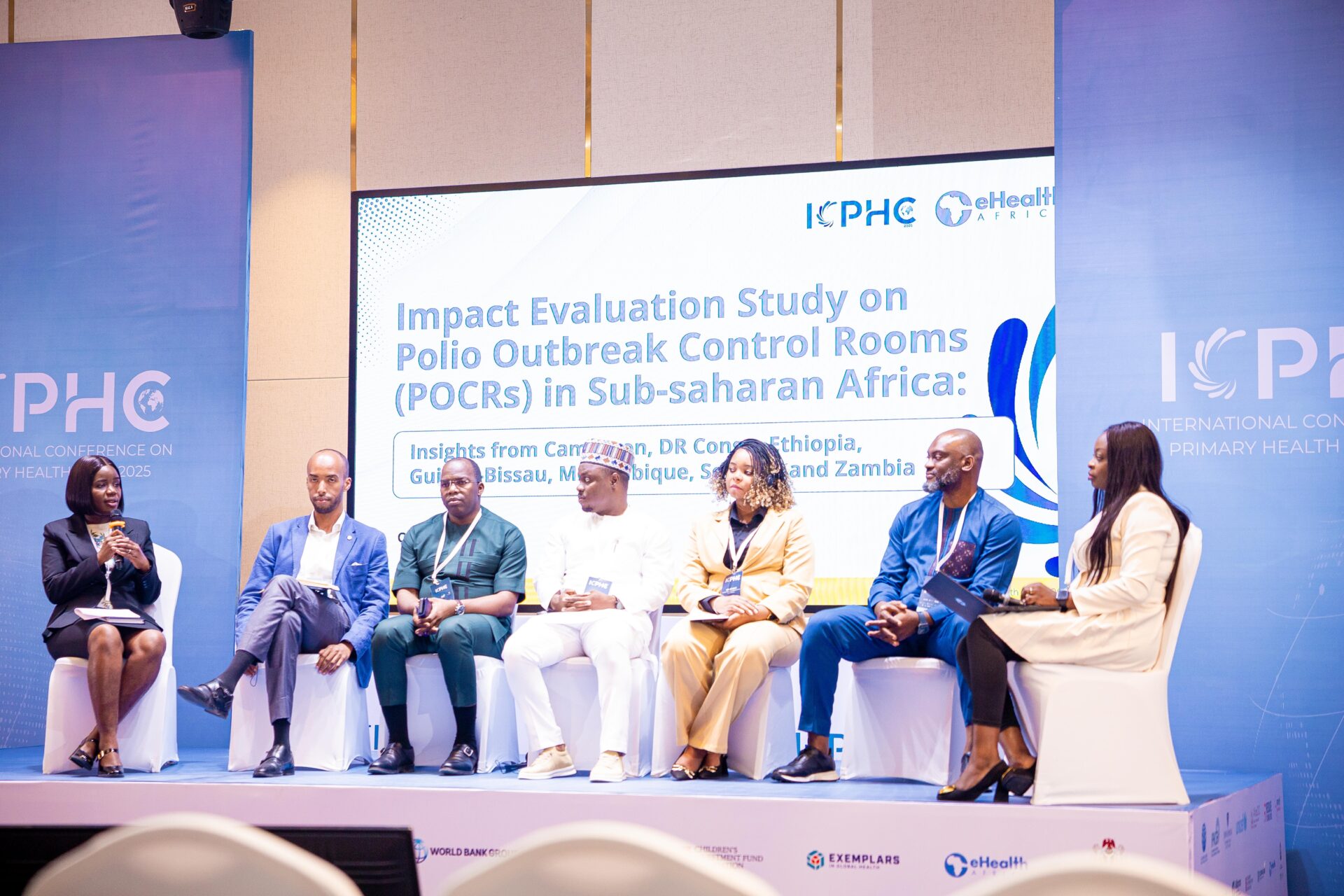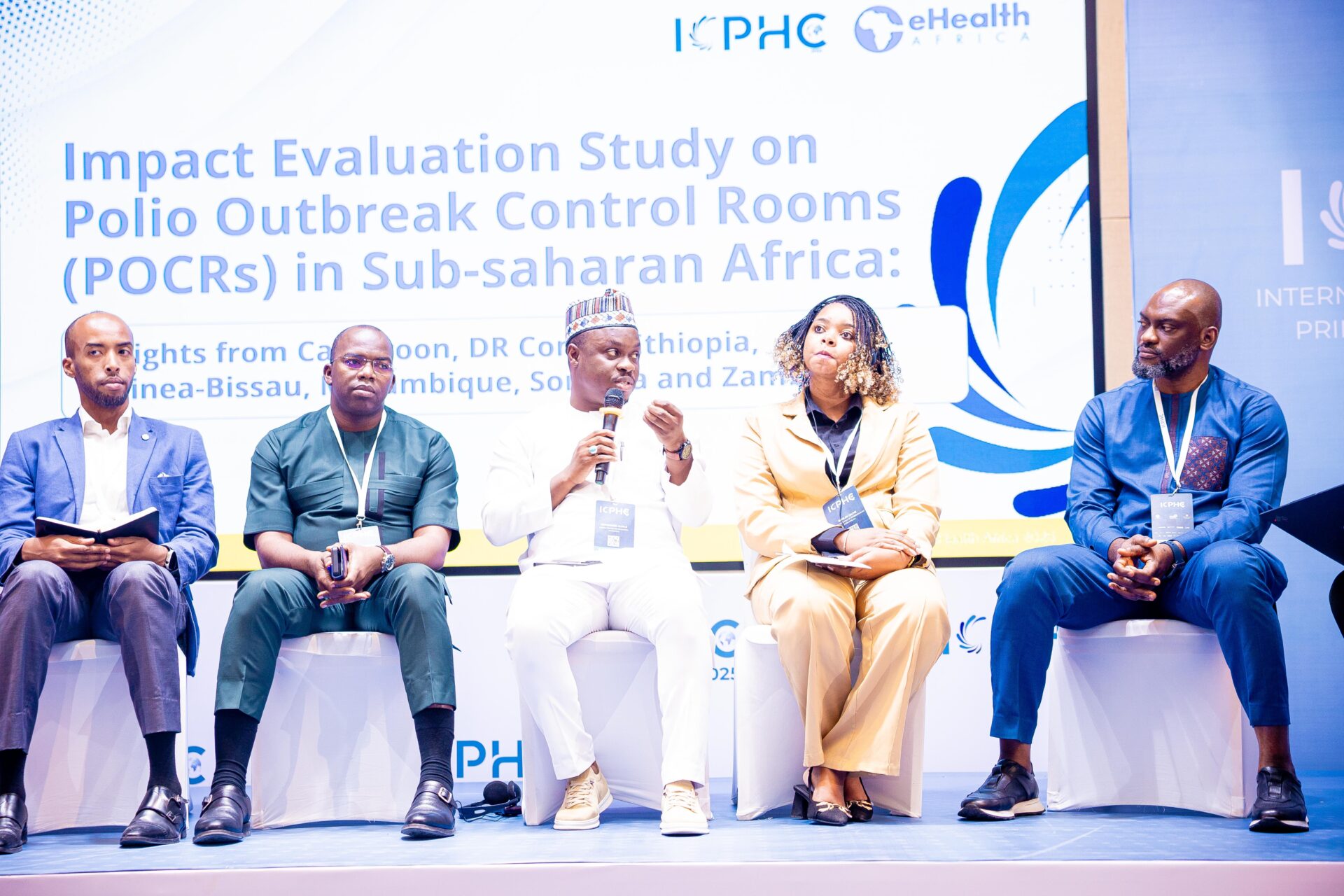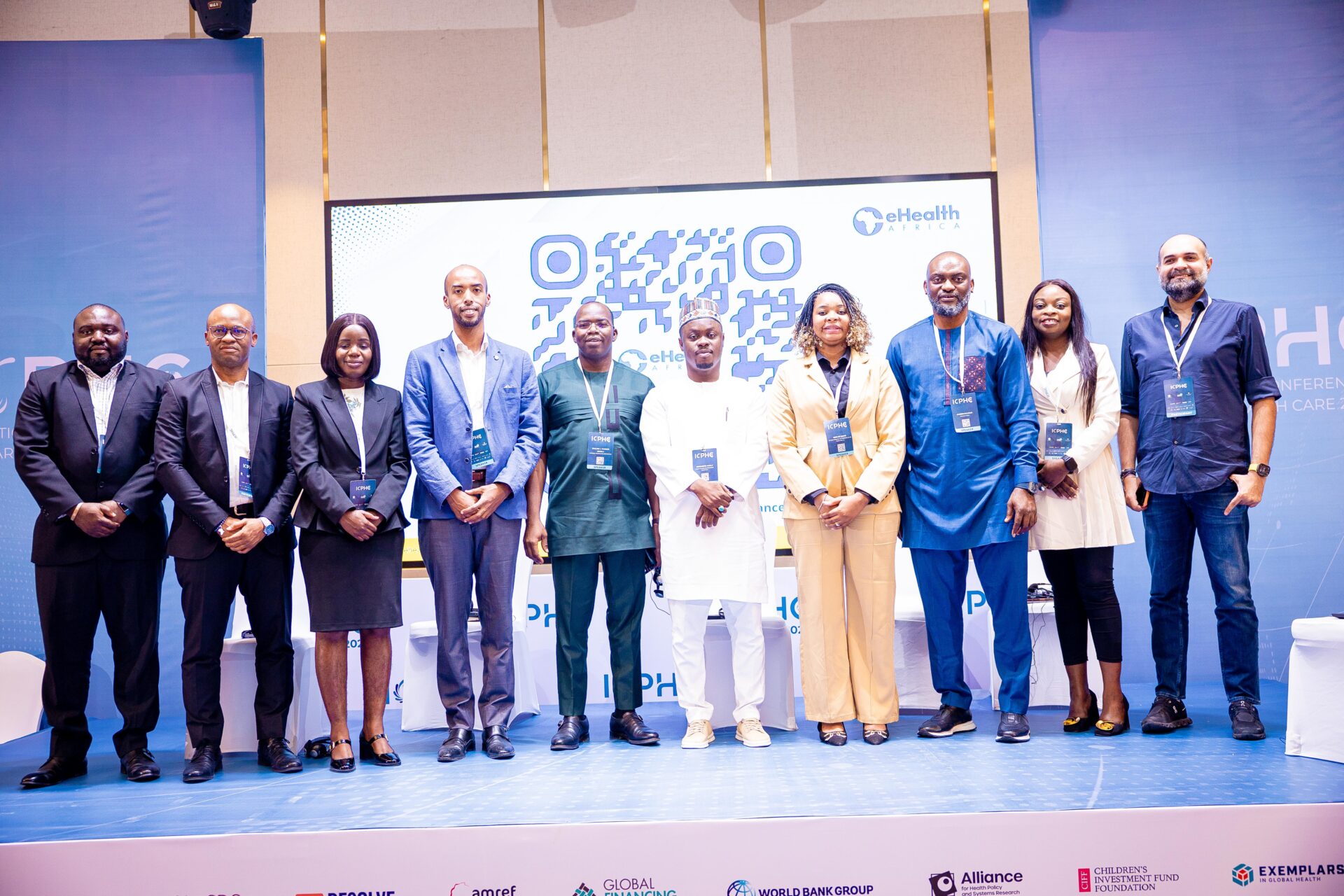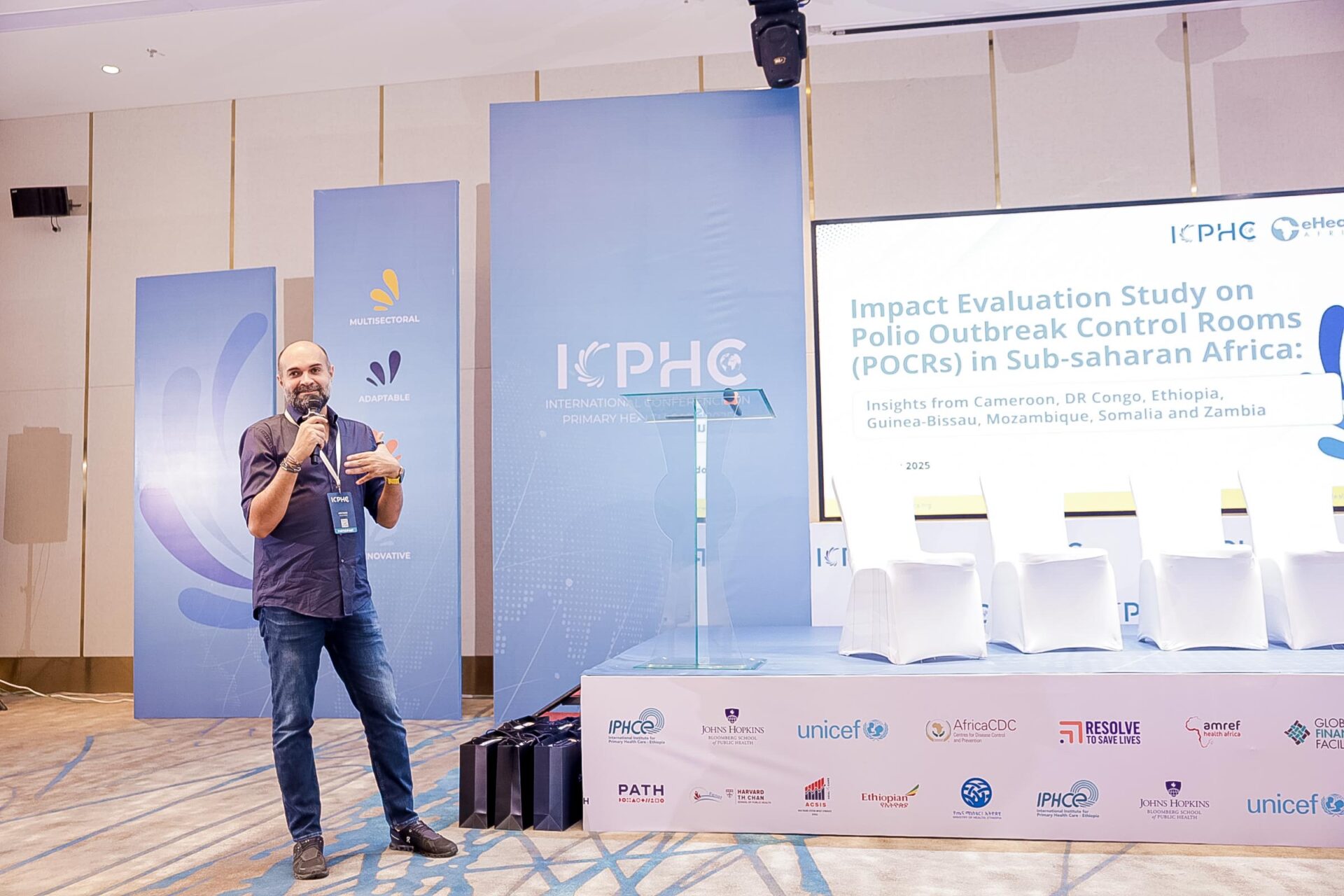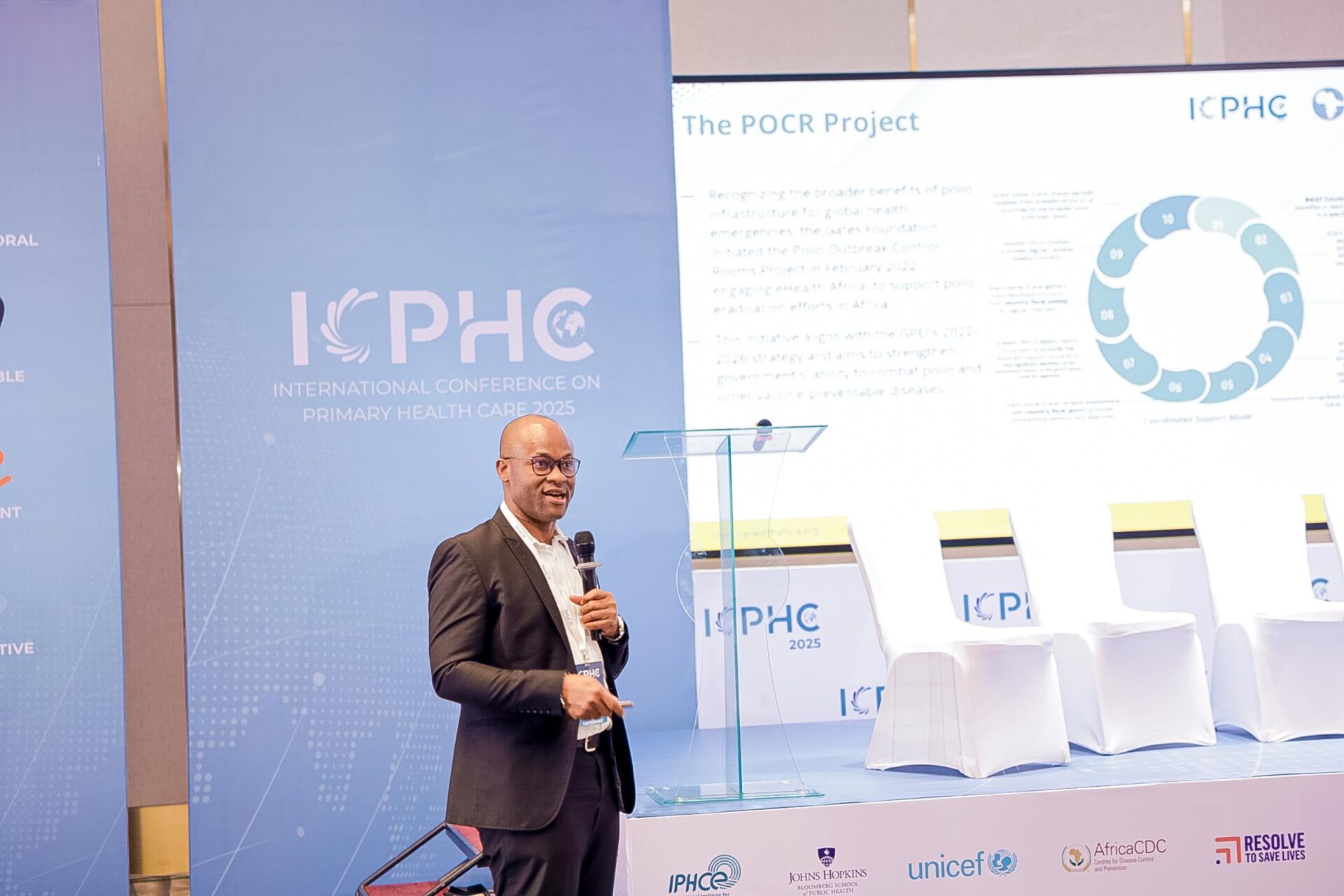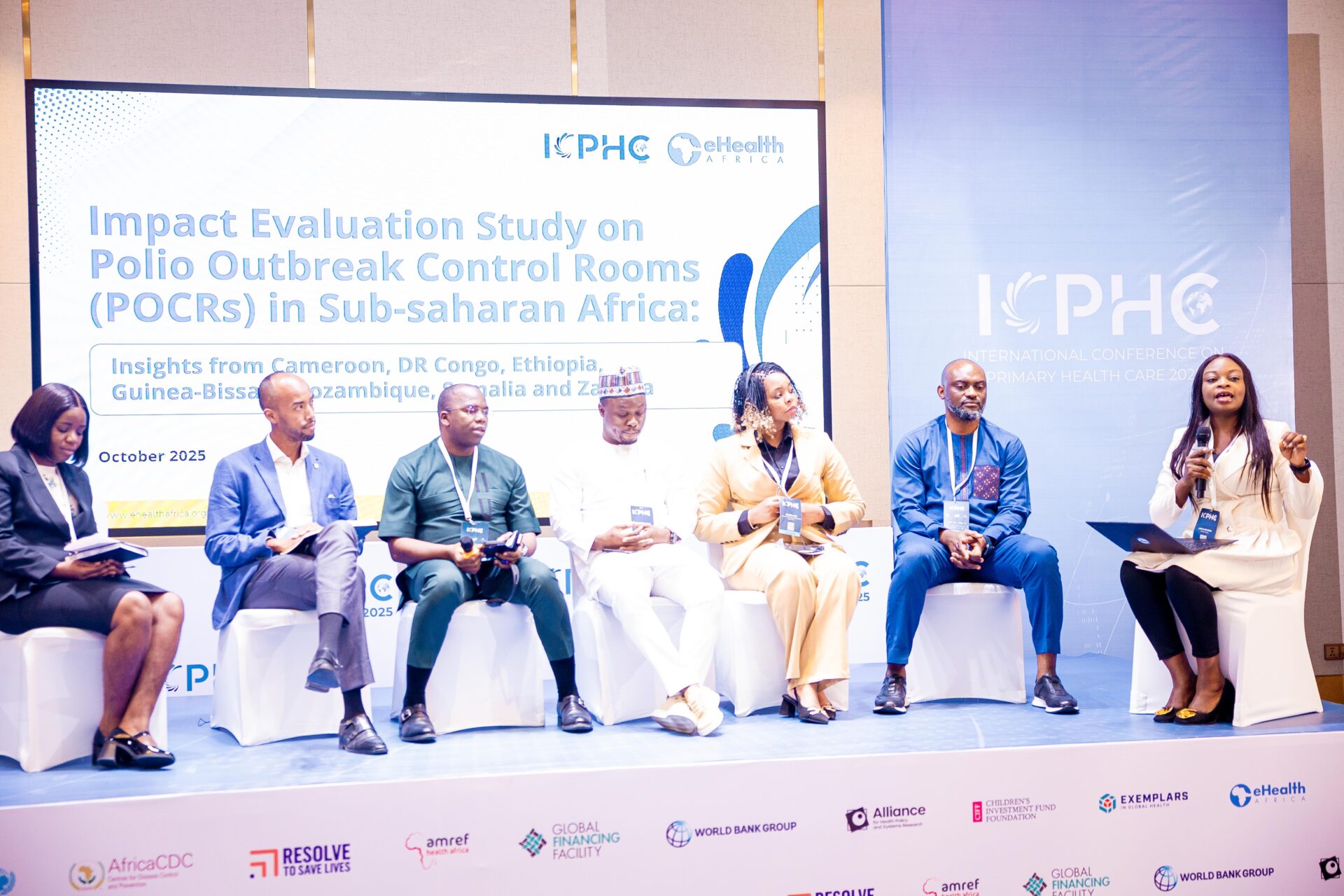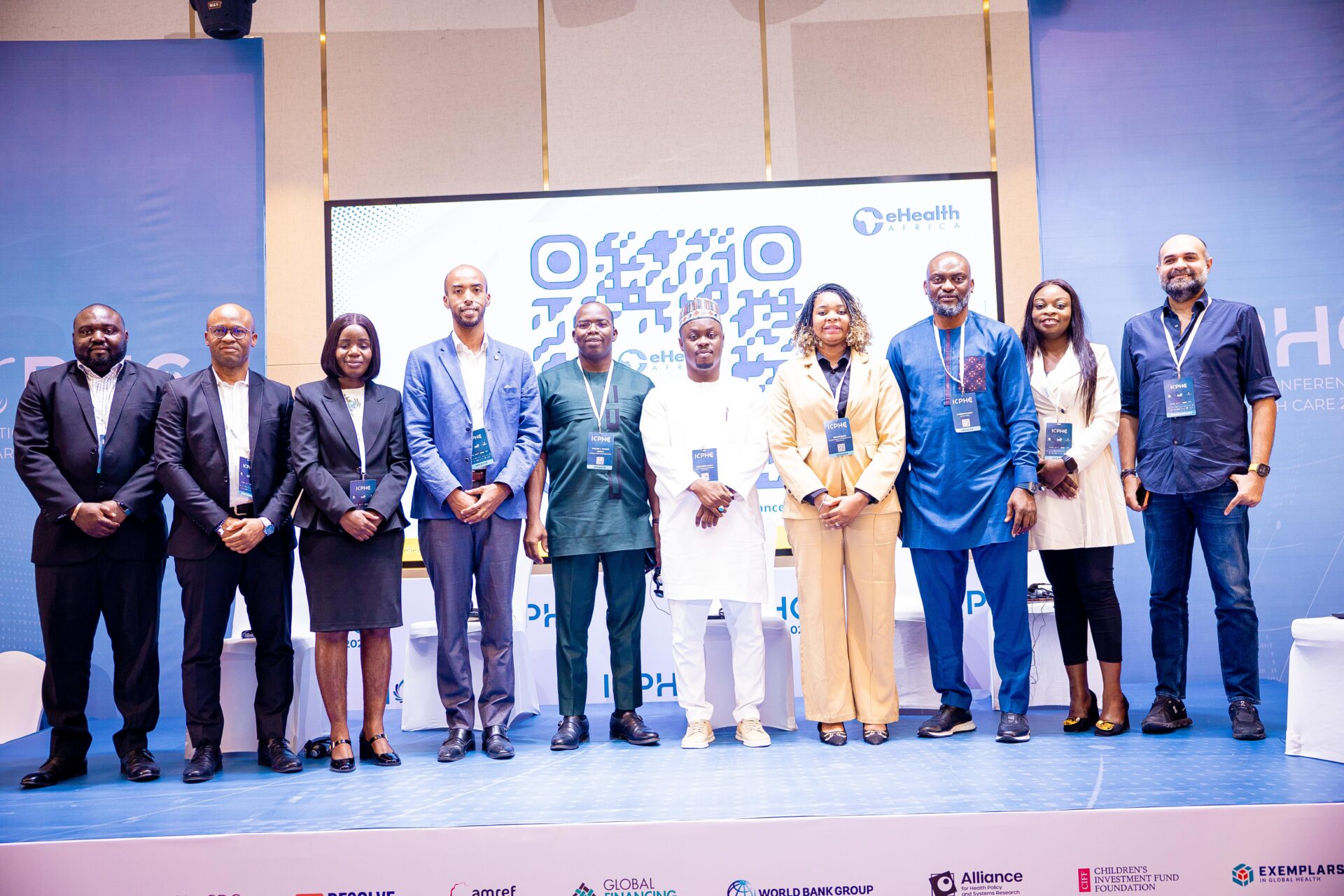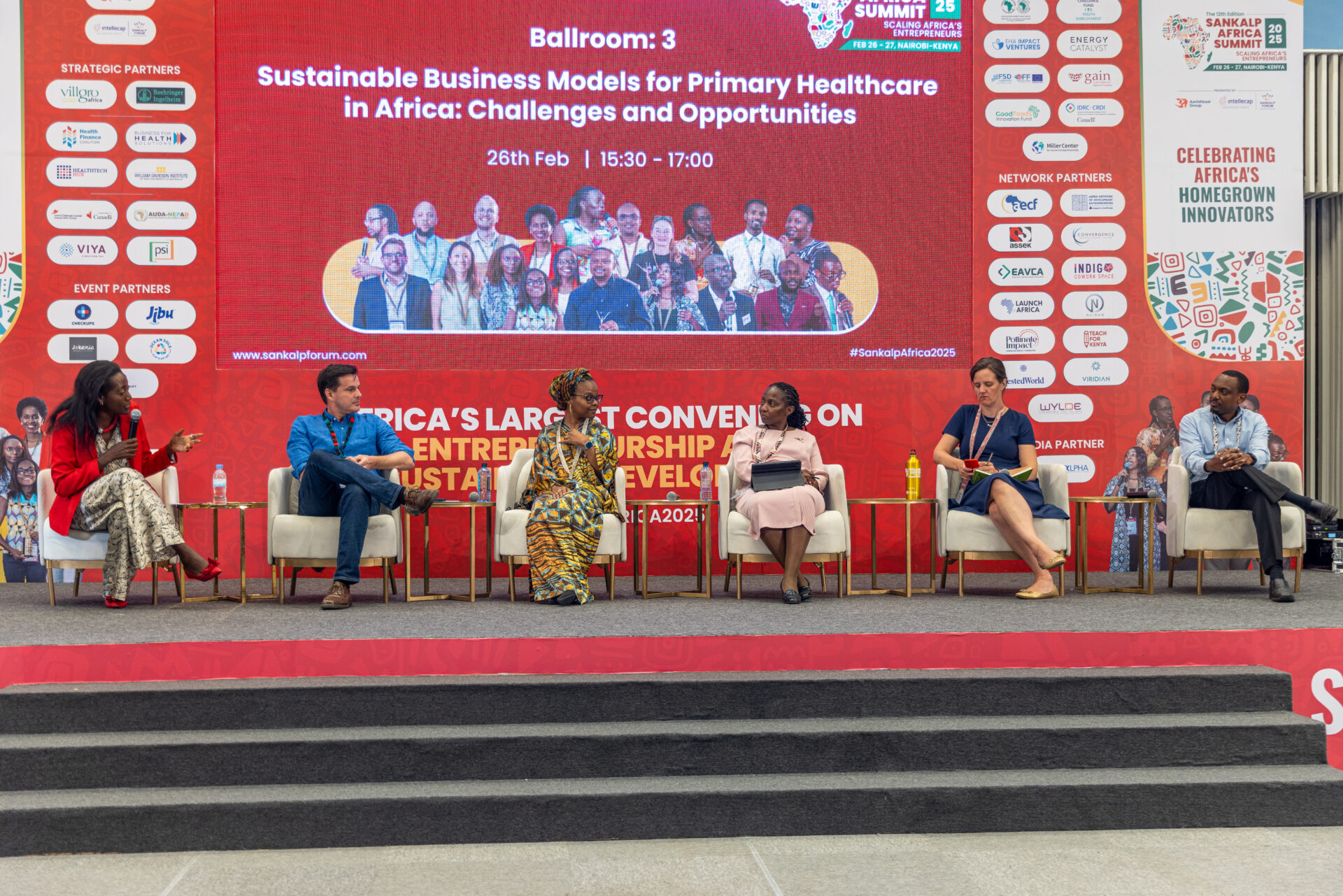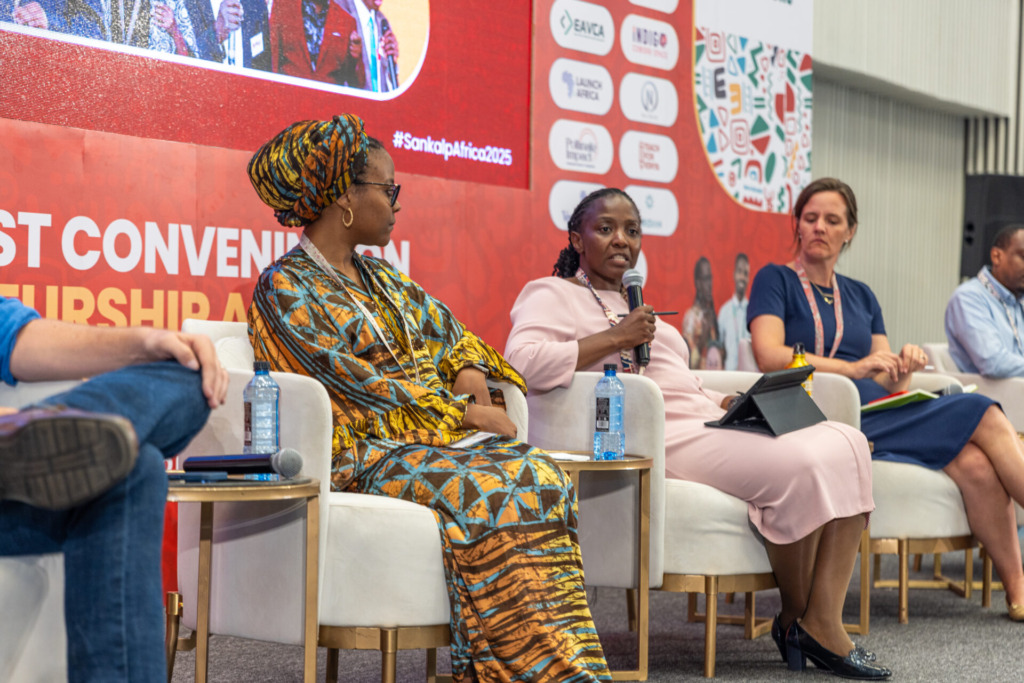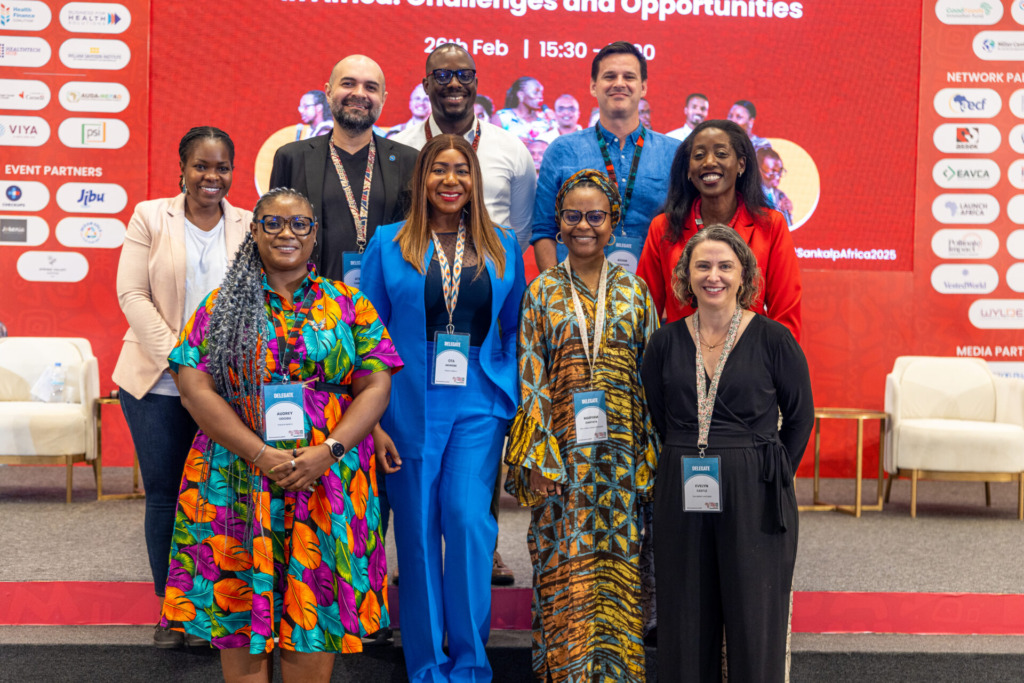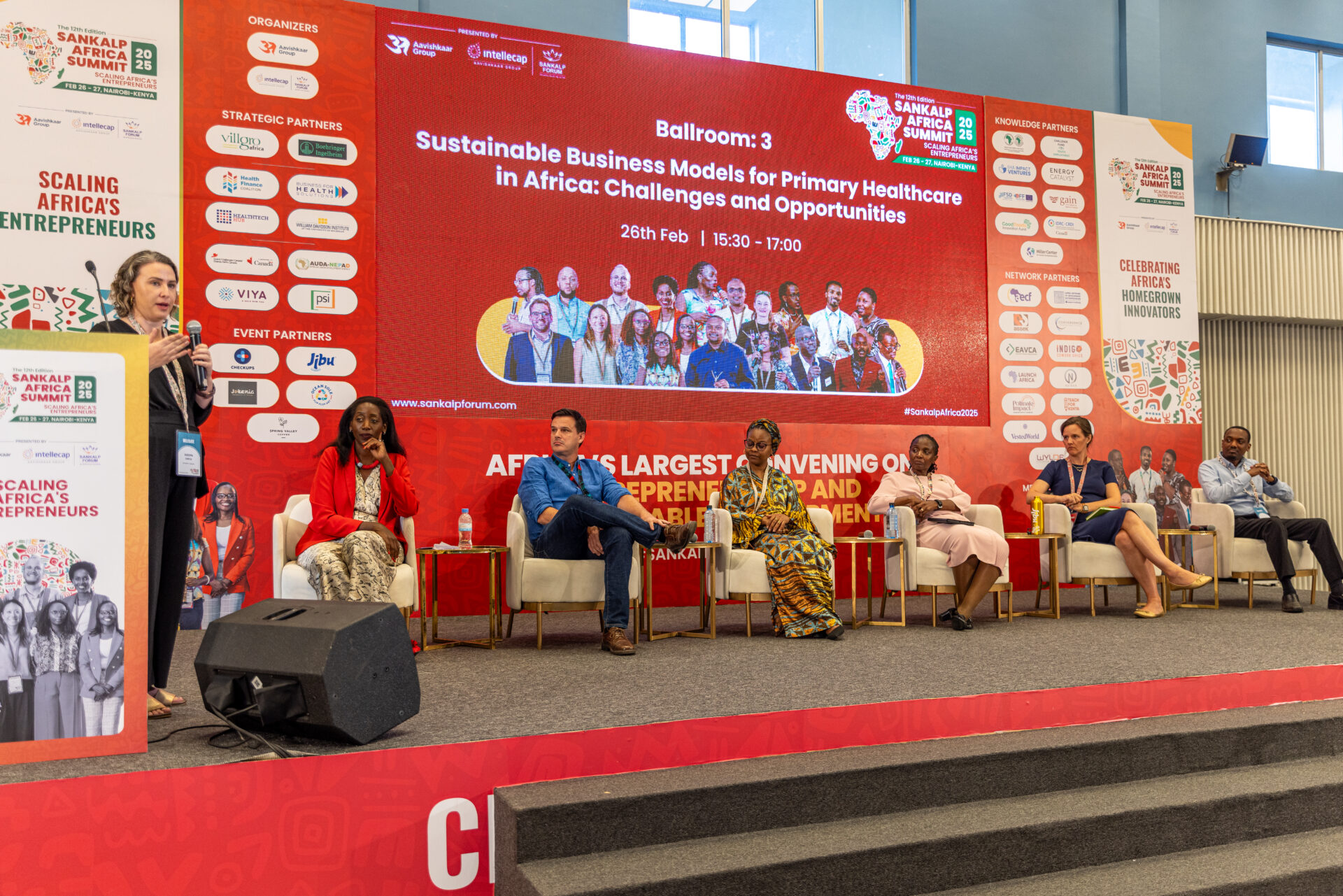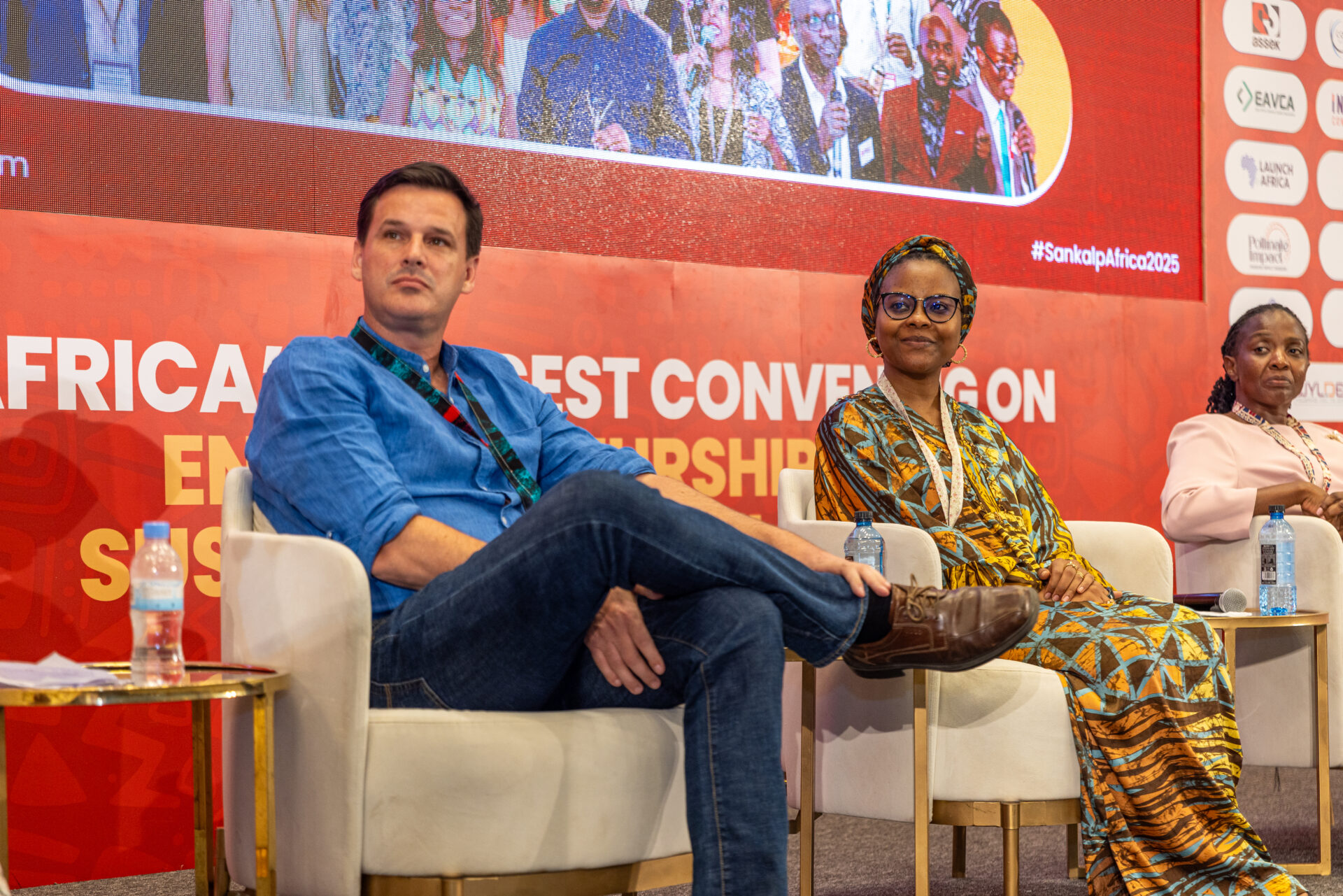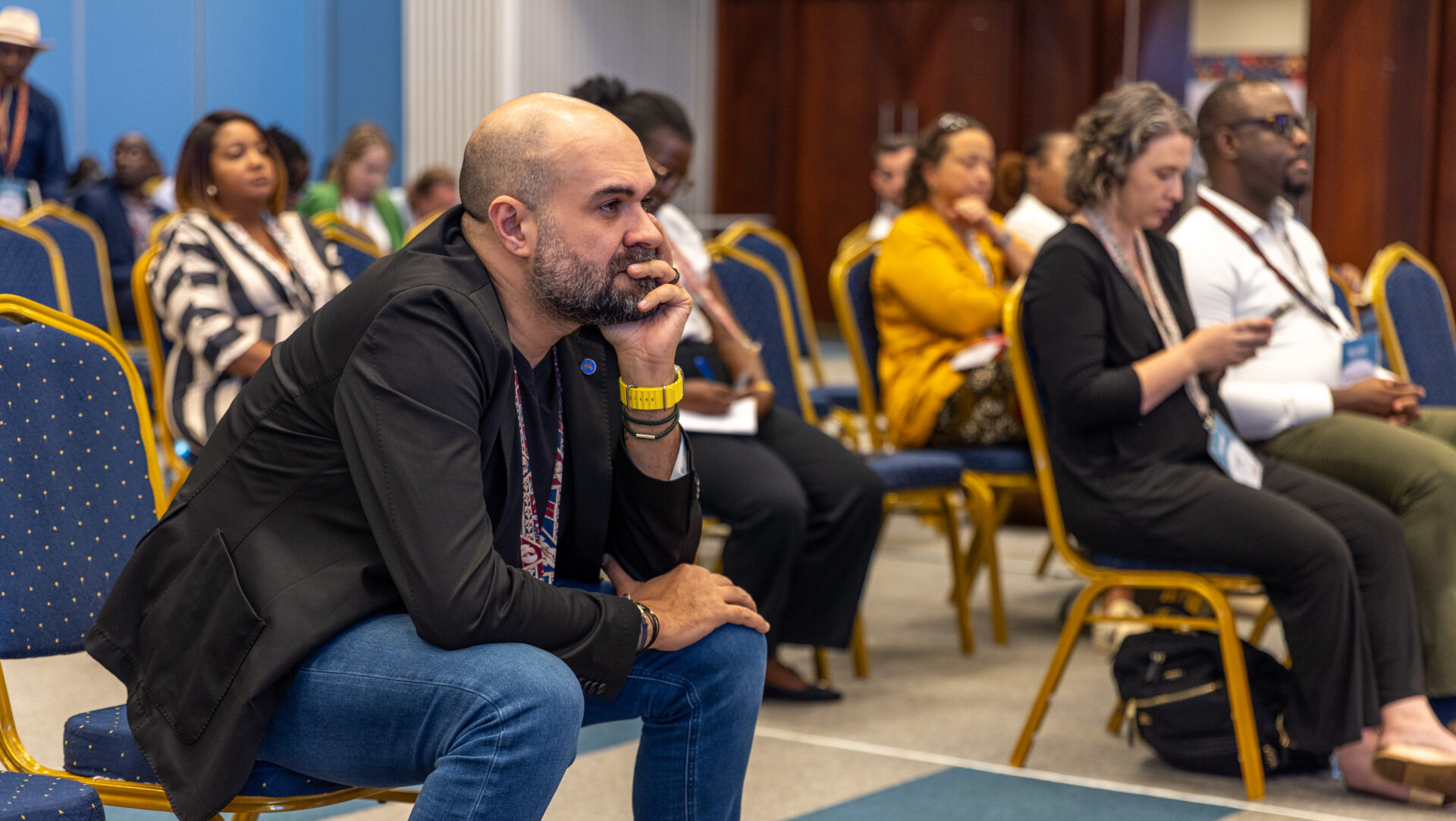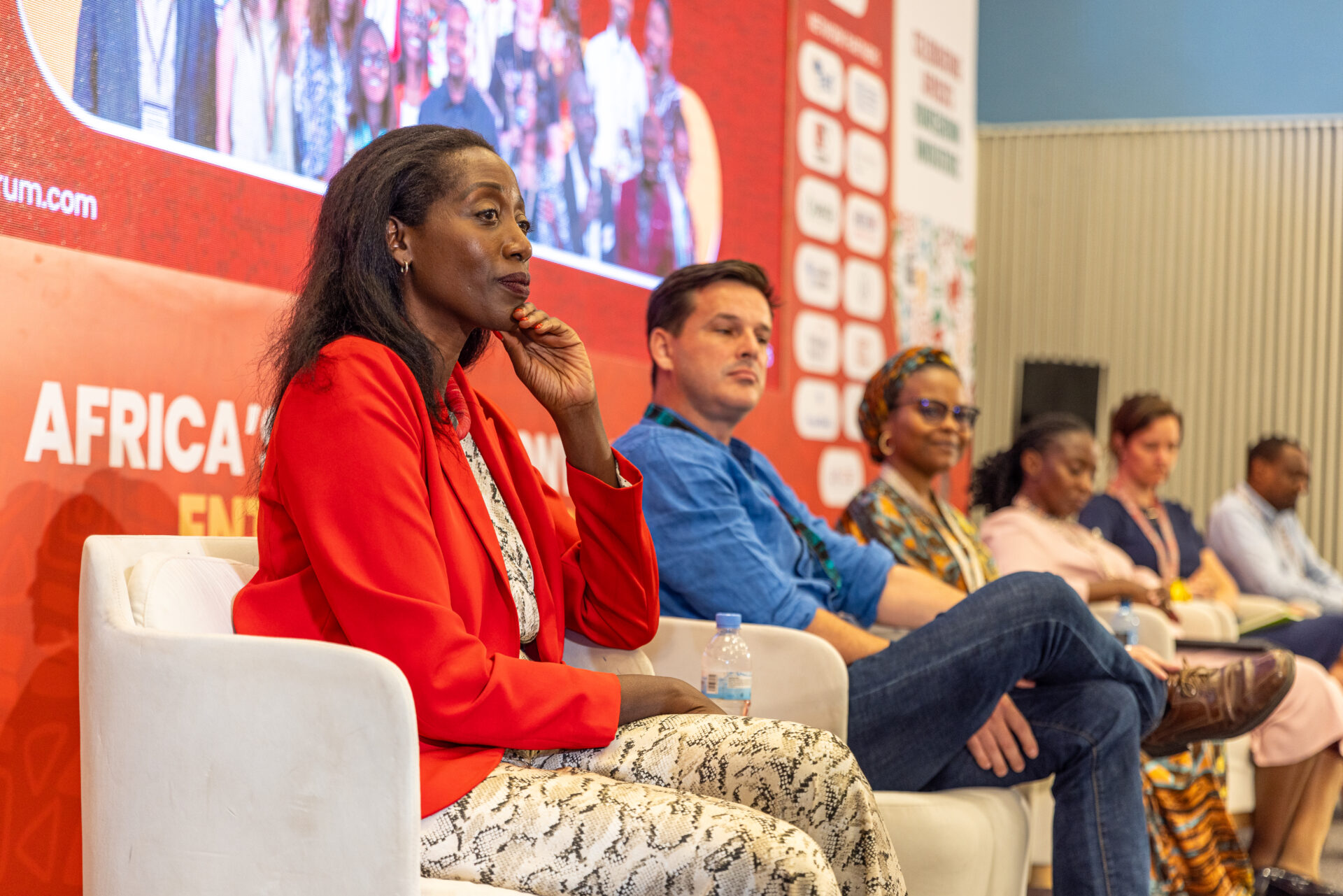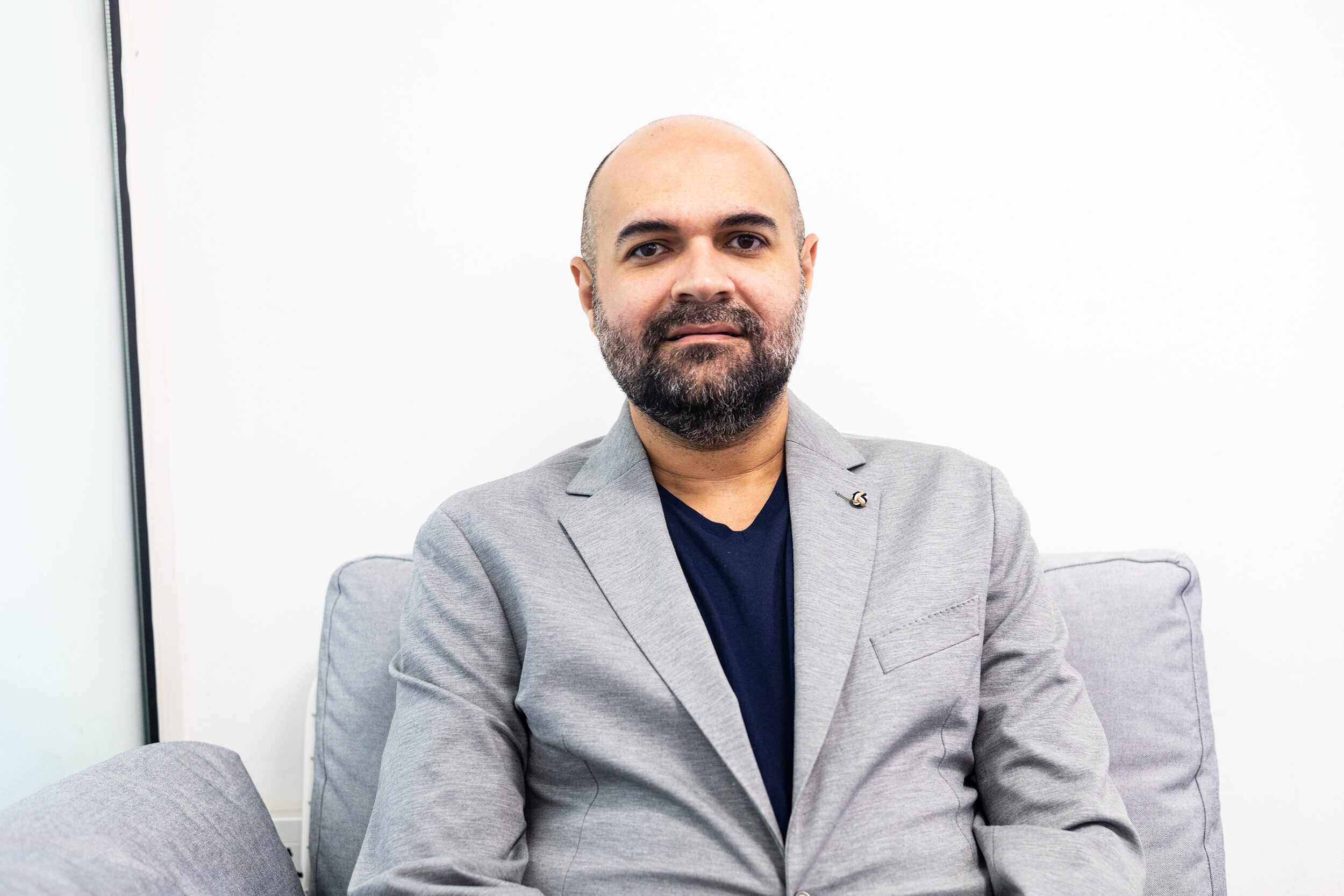This year, the world commemorates another World Polio Day; a significant occasion first marked in 1988 when the World Health Assembly committed to eradicating the poliovirus. That commitment led to the launch of the Global Polio Eradication Initiative (GPEI), underscoring the critical role of every stakeholder in public health in ensuring the virus is completely eradicated. One of the major interventions that has contributed to this fight, particularly across Africa, is the establishment of Polio Emergency Operations Centers (EOCs) and Control Rooms.
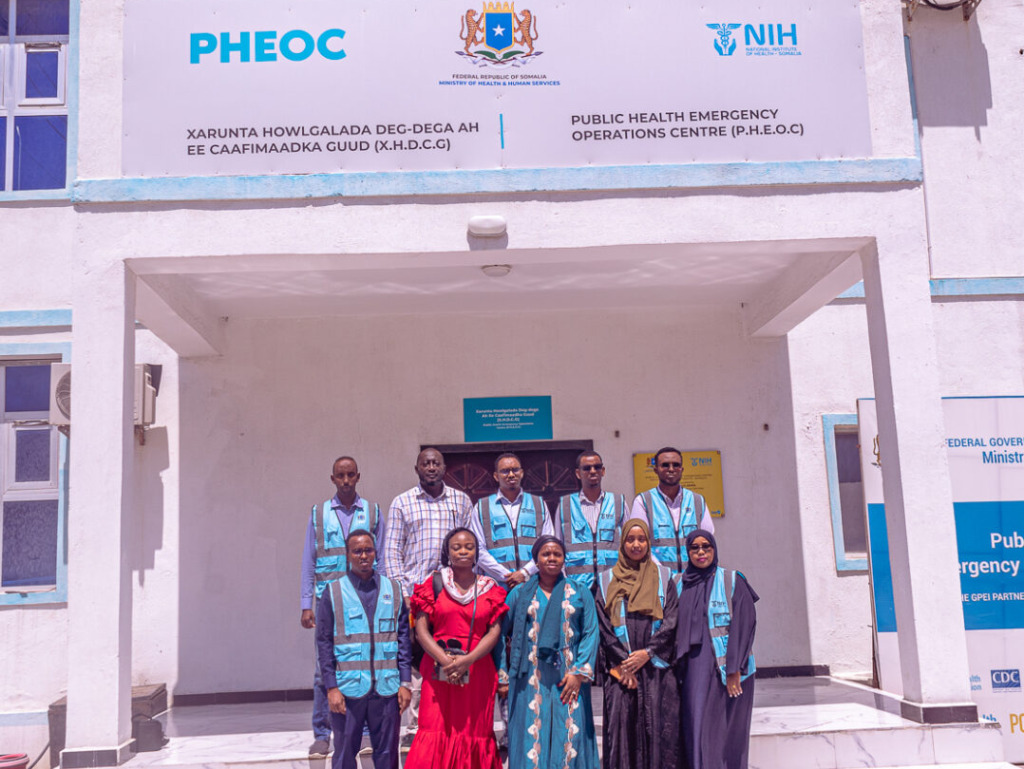
This bold step, led by eHealth Africa (eHA) with support from the Bill & Melinda Gates Foundation in 2020, sought to create centralized hubs that harness the strengths of multiple partners for coordinated responses; not only to polio but to wider public health emergencies. Over time, these hubs have expanded their mission, transforming how countries tackle broader vaccination challenges and strengthening ownership of routine immunization systems. The conversation on sustaining this impact came to the forefront at the recently concluded International Conference on Primary Health Care (ICPHC) held in Ethiopia.
eHealth Africa seized the opportunity to convene a powerful panel session to present findings from its Cross-Country Impact Study of Polio Outbreak Control Rooms (POCRs) in Sub-Saharan Africa. Moderated by Loveth Metiboba, Senior Manager for Impact Measurement at eHealth Africa, the session provided empirical insights from key partners and users of the POCR model across Cameroon, DR Congo, Ethiopia, Guinea-Bissau, Mozambique, Somalia, and Zambia. The study, conducted by Clones House and the Busara Center for Behavioral Economics, revealed significant impacts and proposed critical steps for ensuring sustainability across Africa.
Opening the session, Atef Fawaz, Executive Director of eHealth Africa—and notably the project manager who initiated the establishment of EOCs in Nigeria and across Africa, reflected on the journey. “We’ve seen these EOCs grow over time, increasing their impact and expanding their purpose. They initially supported emergency response for polio but later played key roles during outbreaks of Ebola, measles, Lassa fever, COVID-19, and many others,” he said. He emphasized that the EOCs ensure collaboration over isolation: “Instead of everyone working in silos, the EOC brings people together to collaborate, innovate, and act toward one goal;solving problems.”
Presenting the study’s findings, Onochie Mokwunye, Research Consultant with Clones House, explained that the establishment of POCRs has revolutionized how countries detect, coordinate, and respond to outbreaks. “We found that POCRs didn’t just strengthen systems; they strengthened relationships, bridging the gap between data, decision-making, and real-world response,” he said.
His co-researcher, Dr. Mohammed M. Alhaji added that the success of POCRs stems from their ability to “build capability, create opportunity, and inspire motivation; the three essential ingredients for sustained behavior change.” He stressed that “infrastructure alone doesn’t drive change; it’s the people, their motivation, and shared sense of mission that make the difference.”
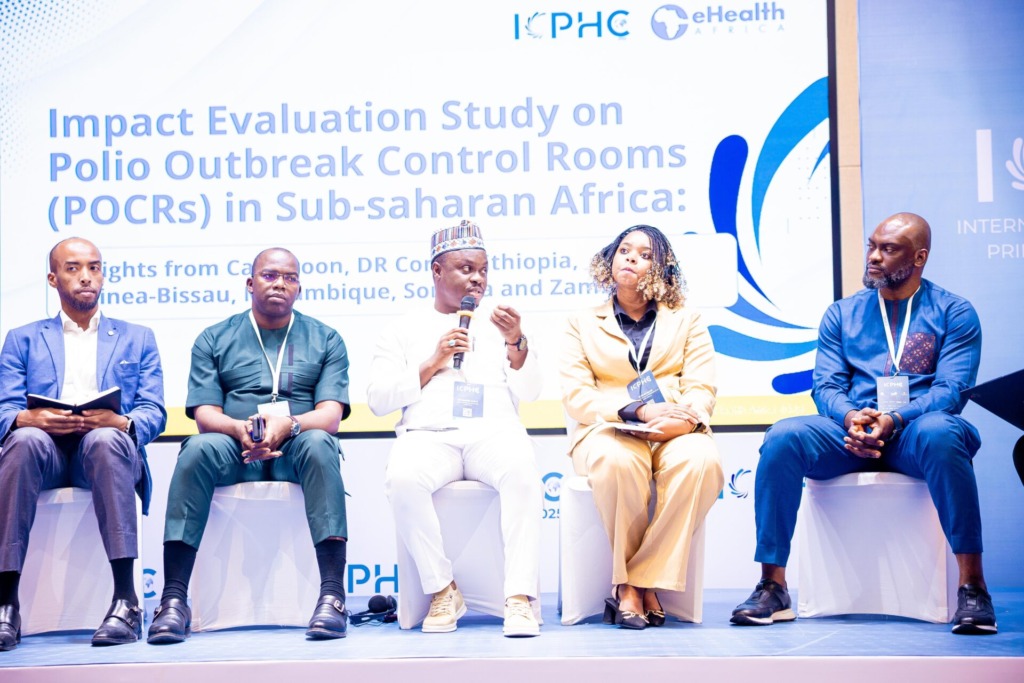
Reinforcing the need to look beyond polio, Kazeem Balogun, Deputy Director for Supply Chain Management at eHealth Africa, said, “EOCs must now evolve beyond polio; becoming engines of health security that strengthen primary health care and prepare nations for whatever comes next. The Polio Outbreak Control Rooms proved that when governments lead and partners align, every response becomes faster, smarter, and more accountable.”
From Cameroon, Dr. Shalom Ndoula, Permanent Secretary of the Expanded Program on Immunization, shared that the POCR model reduced the detection-to-response time from 75 days to just 30, thanks to structured coordination, real-time data use, and decentralized empowerment. A similar story came from Zambia, where Princess Lynettie Kayeye, a Coordinator at the Global Polio Eradication Initiative (GPEI) noted that “what started as a polio response tool has now strengthened our entire health system, introducing innovations like digital microplanning used across all ten provinces.”
In Mozambique, Benilde Conceição Salvador, Coordinator of the Public Health Emergency Operations Center in Tete, recalled how health coordination meetings once held in hotel rooms have been transformed. “Through the POCR, we’ve not only improved outbreak response but also used innovation to identify and vaccinate under-immunized children in our districts,” she said.
Somalia’s experience reflected resilience and renewal. Hassan Mohamed Ali, Director of Operations at the Somali National Health Professionals Council, explained, “Building seven EOCs across Somalia wasn’t just about infrastructure—it was about creating a foundation for resilience in one of the most fragile contexts in the world.”
Ultimately, beyond polio lies a broader story, one of collaboration, resilience, and shared systems that safeguard communities before crises strike. Preparedness, as this session highlighted, is not built in moments of crisis but in moments of coordination, learning, and trust. That is what truly makes health systems resilient.
